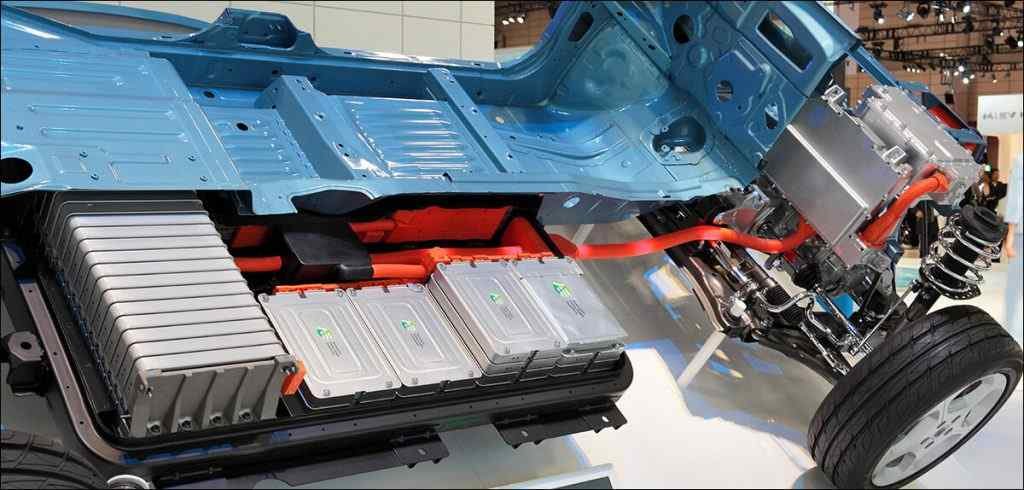Pakistan is moving to deepen its clean energy ties with China—this time by targeting a shift away from traditional lithium-ion batteries in electric vehicles. The country is betting on sodium-ion technology, an emerging alternative that could reduce reliance on scarce lithium supplies and cut production costs.
At a press briefing in Beijing, Federal Minister for Planning, Development and Special Initiatives Ahsan Iqbal said Pakistan sees sodium-ion batteries as a “strategic area” for future cooperation. He stressed that China’s dominance in battery innovation makes it a natural partner for Pakistan’s electric mobility ambitions.
“Electric vehicles are no longer just a trend—they’re a necessity for sustainable growth,” Iqbal told reporters. “We want to work closely with Chinese companies to bring advanced battery technology to Pakistan.”
Business Summit to Drive Partnerships
The minister highlighted the upcoming Pakistan-China Business Conference on September 4 in China as a catalyst for these plans. The event is expected to draw over 450 companies—more than 250 from Pakistan and 200 from China—spanning sectors from EVs and solar power to chemicals and agriculture.
Iqbal said the conference would act as a matchmaking hub, connecting manufacturers, investors, and technology providers. “Chinese firms can leverage Pakistan’s competitive production costs and growing domestic demand,” he added, noting the potential for joint ventures in EV manufacturing and battery production.
Policy Push for a Greener Transport Future
Pakistan’s National Electric Vehicle Policy 2025–2030 aims to make 30% of all new vehicle sales electric by the end of the decade. Longer-term, the country has pledged to achieve net-zero transport emissions by 2060. The policy offers tax breaks, subsidies, and infrastructure investment to attract both foreign and local EV projects.
Several Chinese automakers, including BYD and Chery, are already active in Pakistan, assembling vehicles, building charging networks, and exploring battery production. Sodium-ion technology could become the next step in this growing partnership, potentially giving Pakistan’s EV sector a competitive edge in affordability and sustainability.

